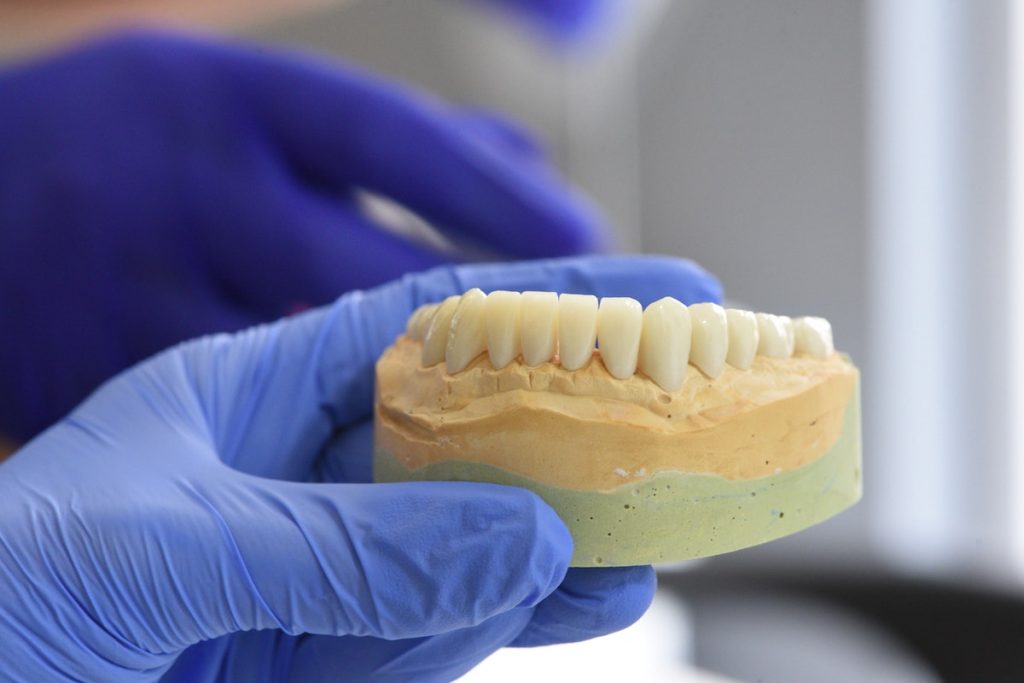- Follow post-extraction instructions to minimize the risk of complications and facilitate healing.
- Manage discomfort and swelling with prescribed or over-the-counter pain medications, and apply an ice pack for 20 minutes.
- Maintain proper oral hygiene by brushing twice daily, flossing regularly, and rinsing the mouth with salt water after meals.
- Adopt a soft diet of easy-to-chew foods such as mashed potatoes, yogurt, soups, smoothies, and scrambled eggs.
- Consider replacing the extracted tooth with implants or alternative options to maintain proper dental alignment.
Facing a wisdom tooth extraction can be a daunting experience for many individuals. The process involves removing one or more final molars at the back of your mouth. While this procedure is common and usually necessary to prevent oral health complications, knowing how to manage the recovery period is important. This guide presents five practical tips to help you deal with the aftermath of a wisdom tooth extraction, ensuring a smoother healing process and a quicker return to normalcy.
1. Follow Post-Extraction Instructions
After your wisdom tooth extraction, your dentist or oral surgeon will provide specific post-operative instructions. These instructions are crucial for your recovery, and it is essential to follow them diligently. They may include guidelines for managing pain, swelling, bleeding, and maintaining oral hygiene during healing. Adhering to these instructions will minimize the risk of complications and promote faster healing.
2. Manage Discomfort and Swelling

Pain and swelling are common side effects of wisdom tooth extraction. Your dentist may prescribe pain medication or recommend over-the-counter pain relievers to alleviate discomfort. Taking these medications as directed is important, strictly adhering to the dosage and frequency. Applying an ice pack to the affected area for 20 minutes can help reduce swelling and provide temporary relief. Be sure to wrap the ice pack in a cloth or towel to protect your skin from direct contact.
3. Maintain Proper Oral Hygiene
While it may be tempting to avoid brushing or flossing around the extraction site to prevent pain or irritation, maintaining good oral hygiene is crucial during recovery.
Here are some tips on how to maintain proper oral hygiene:
Brush Twice a Day
Brushing your teeth gently with a soft-bristled toothbrush twice each day is recommended. Avoid the extraction site and carefully brush around it, but clean the surrounding areas.
Floss Regularly
Flossing is an important part of maintaining good oral hygiene. Use dental floss or interdental brushes gently to remove food particles and plaque between your teeth and gum line. Do not floss excessively near the extraction site, increasing pain or irritation.
Rinse with Saltwater Solution
Mix some salt in lukewarm water and rinse your mouth after meals to keep the area clean and reduce the risk of infection. Not only will it help reduce pain and swelling, but it also helps to prevent bacteria from entering the extraction site.
Avoid Eating Hard Foods
It is essential to avoid eating hard or crunchy foods that could damage the extraction site. Stick with soft foods such as mashed potatoes, soup, yogurt, applesauce and oatmeal for a few days after your procedure. If you need to eat something harder, make sure that you cut it up into small pieces before chewing it so you don’t irritate the extraction site.
4. Stick to a Soft Diet

Following a wisdom tooth extraction, modifying your diet temporarily to facilitate healing is essential. Stick to soft, easy-to-chew foods less likely to irritate the extraction site or get stuck in the socket. Opt for mashed potatoes, yogurt, soups, smoothies, and scrambled eggs. Avoid consuming hot beverages or foods, as they can dislodge the blood clot that forms in the socket, leading to a painful condition called dry socket.
5. Consider Replacing Your Extracted Tooth
Replacing your extracted tooth with durable dental implants is a viable option to maintain proper dental alignment and restore the function of your teeth. Implants are small titanium screws inserted into the jawbone, which serve as anchors for artificial teeth. Implants are ideal for replacing teeth lost due to trauma, decay, or surgery. Once the healing process is complete, implants can provide a long-term solution that helps restore the normal functioning of your mouth and improve your quality of life.
In Summary
Undergoing a wisdom tooth extraction can be an uncomfortable experience, but following these five tips can help you manage the recovery process effectively. By adhering to post-extraction instructions, managing discomfort and swelling, maintaining proper oral hygiene, adopting a soft diet, and allowing yourself sufficient rest and recovery time, you can promote healing and minimize the risk of complications. Additionally, consider consulting your dentist about the need for tooth replacement to ensure long-term oral health. Remember, every individual’s healing process may vary, so be sure to communicate any concerns or questions you have with your dental healthcare professional.


